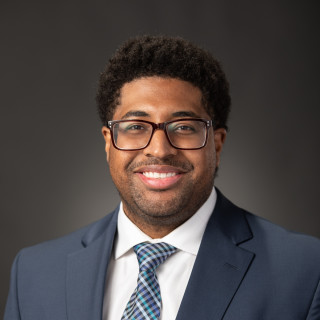My son’s appointment was scheduled for 4:00 p.m. I got there at 3:50 p.m. and was registered by 3:55 p.m. As 4:00 p.m. approached, I put my phone away, picked up my son, and waited, expecting to be called in to see the doctor at any moment. I waited, 4:15 p.m., still no call. At 4:30 p.m., the receptionist told me the doctor would see us shortly. It was 5:00 p.m. and we were still waiting. The receptionist at this point was starting to sympathize with us and explained the doctor was running a little late. Finally, at 5:15 p.m., we were called in.
The medical assistant took my son’s height and weight, asked some standard pediatric wellness visit questions, and shortly after at 5:20 p.m., the doctor came into the room, profusely apologizing for keeping us waiting. Throughout this interaction, he took me step-by-step through the details of the exam and why they asked different questions on the pre-visit questionnaire, and even showed me on his computer how my son had grown from the time he was born until his nine-month wellness visit. Even my son, who was starting to develop stranger anxiety, seemed to have a different level of comfort around this doctor, who used little nuances and distractions to do a thorough physical examination, which he probably only developed after decades of practice. After he was done, he asked some more questions — how my older son was doing and how he was handling having a new little brother, how my wife and I were managing two kids while both being residents — and even offered assistance if there were any copayments or other expenses not covered by insurance.
I will admit, this was not the first time this pediatrician had kept us waiting over an hour. In fact I now plan for it, but despite this, I always make every effort to ensure my kids are seen by this specific pediatrician. Based on how difficult it is to get an appointment with him even several months out, I am probably not the only parent who views this pediatrician in the highest regard. His other colleagues regularly see us on time. However, the other parents and I seem to gravitate toward this physician and others like him. Although there may not be a tangible difference in the outcome of my childcare, as he prescribes the same medications and examines my children using the same ophthalmoscope and otoscope, I leave the office feeling like my kids received exceptional care. As a parent, it puts my mind at ease, and I will gladly trade the unpredictability of their schedule for the few extra minutes they spend examining our children holistically, without the sense that they must get to the next patient.
It is not just parents who opt for such a physician. As a medical student rotating in a family medicine clinic, I worked with a physician who had some of the best bedside manners. But the only patient he saw on time was the first patient of the day. He would regularly fall behind and work through lunch and other breaks. However, like my pediatrician, he offered a little extra to his patients — he asked about their work, their spouses’ ailments, and other pointed questions that would keep him in the patient room long after his allotted time. Many of his patients jokingly threatened to see another physician after having sat in the waiting room for so long. Except, they had been making these lighthearted jokes with this doctor for the past 30 years.
The reason I present these two stories is that I have a great deal of admiration for such clinicians who seem to have a defiant attitude toward the external pressures placed on PCPs to see more patients in an efficient manner. Regardless of their schedule, they remain beyond thorough in every patient encounter. They remain true to their altruistic nature while disregarding any time constraints that may potentially put a damper on their efforts to provide exceptional care. This is why time and time again we — myself, other parents, and patients — clear out our schedules to ensure we see these physicians. The inherent comfort they ultimately provide us and our families makes it all worthwhile, even if it means having to wait.
What's your perspective on the clinician-patient waiting time? Share your experiences in the comment section.
Dr. Abdillahi M. Omar is the chief resident at the Detroit Medical Center — Wayne State University Diagnostic Radiology residency program. He is also an MBA candidate at the University of Michigan Stephen M. Ross School of Business. He enjoys weightlifting, mixed martial arts, PC gaming, and is a blockchain technology and cryptocurrency enthusiast. Dr. Omar was a 2022–2023 Doximity Op-Med Fellow.
Image by Alphavector / Shutterstock







